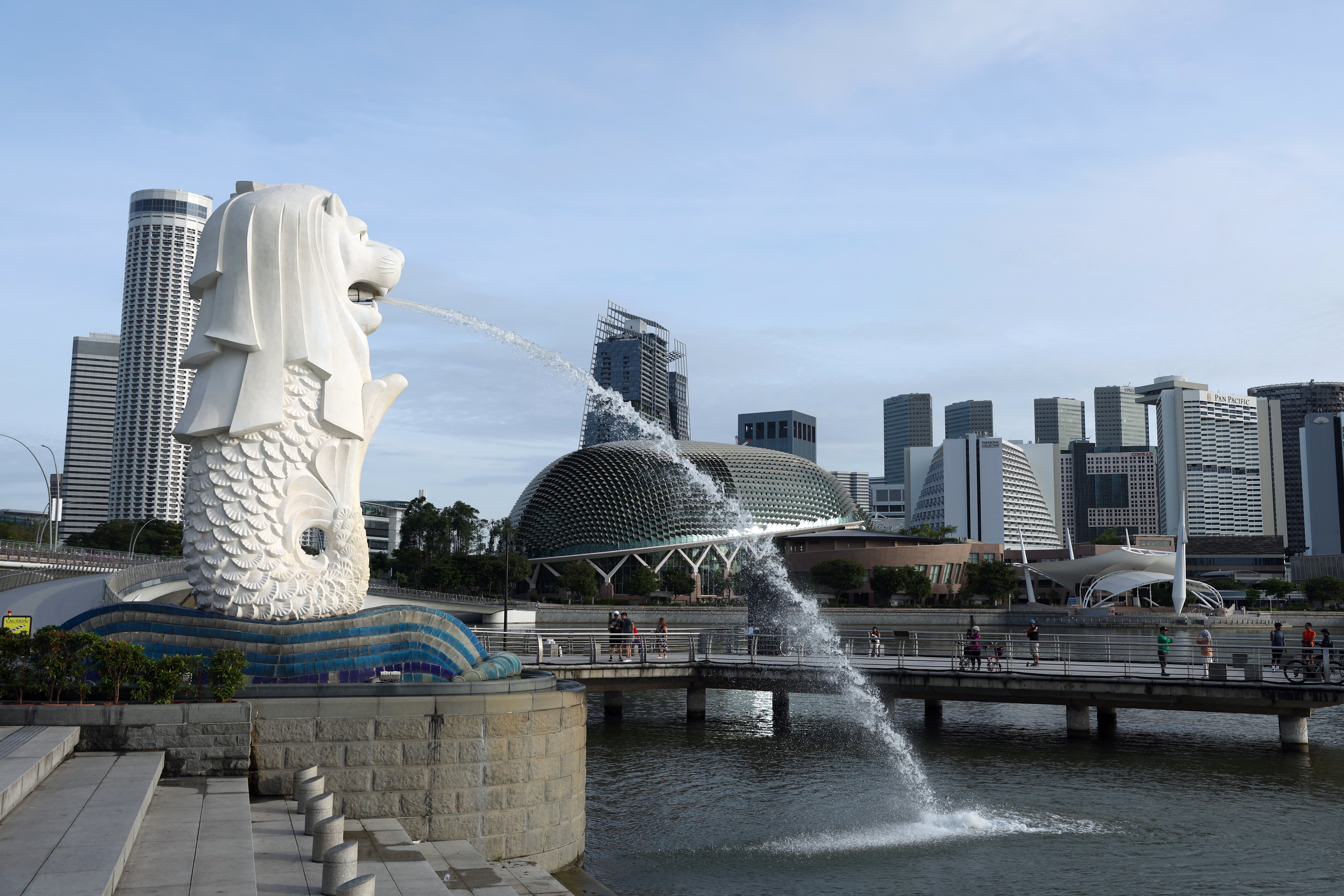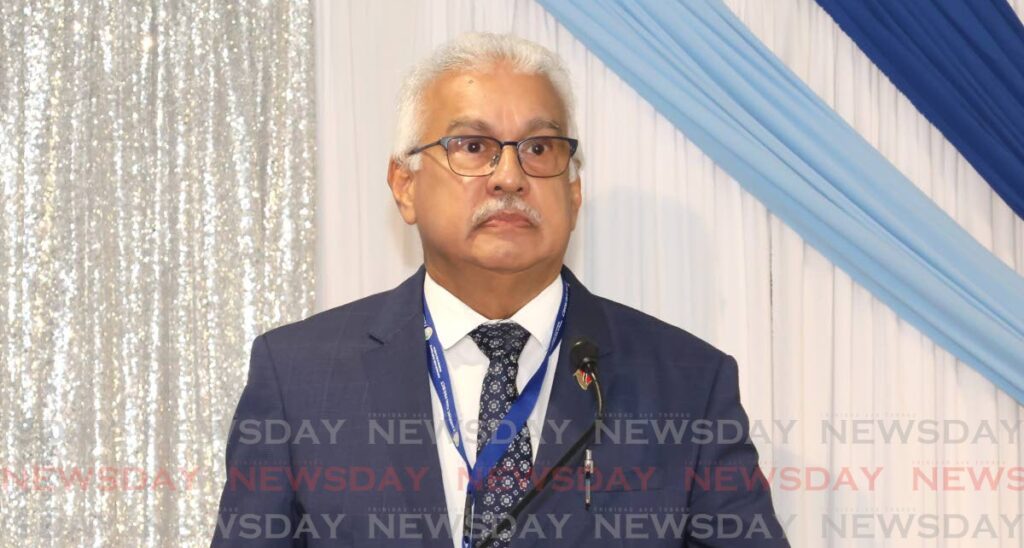The famous Merlion statue overlooks the skyline of Singapore, photographed on Tuesday, Jan. 3, 2023. Photographer: Lionel Ng/Bloomberg via Getty ImagesLionel Ng | Bloomberg | Getty ImagesThe Monetary Authority of Singapore (MAS) stated in a policy release that it will carefully monitor both global and domestic economic developments and remain vigilant about potential risks to inflation and growth. Unlike other central banks that adjust their domestic borrowing rates, MAS instead adjusts the exchange rates of its currency. The central bank either strengthens or weakens its currency against those of its main trading partners, thus effectively setting the S$NEER. The exact exchange rate is not fixed, as the S$NEER can fluctuate within the set policy band, the specific levels of which are not disclosed.Starting this year, MAS has transitioned from a biannual review of its monetary policy to a quarterly issuance of statements. It announced that it will release statements in January, April, July, and October annually. The central bank also expressed expectations for an improvement in the country’s gross domestic product in 2024, with estimated growth ranging between 1% and 3%.According to preliminary data in early January, Singapore’s economy expanded by 1.2% last year, but recorded a 2.8% increase year-on-year in the fourth quarter, its most rapid growth for the year.”Assuming no further global disruptions, the Singapore economy is anticipated to strengthen in 2024, with growth becoming more widespread. MAS Core Inflation is expected to remain high in the initial part of the year, but should gradually decrease and subside by Q4, before declining further next year,” stated MAS.The central bank also anticipates core inflation to rise in the current quarter “partly due to the one-off effect of the 1%-point GST increase from January this year.” Singapore raised its goods and services tax by one percentage point on Jan. 1. The central bank predicts core inflation to average between 2.5% and 3.5% in 2024, which remains unchanged from its October forecast. Excluding the impact of the GST hike, core inflation is projected to average between 1.5% and 2.5%.Prior to the MAS decision, Goldman Sachs highlighted that any substantial surge in global commodity prices or elevated business expenses could pose a risk to inflation, as well as the GST hike. Economists will be attentive to clues about when Singapore’s central bank might initiate a relaxation of its monetary policy.After five consecutive decisions to tighten its policy, Singapore’s central bank concluded its policy tightening cycle in April. While inflation displayed signs of easing throughout 2023, core inflation has remained persistent. In its December meeting, the U.S. Federal Reserve indicated at least three interest rate reductions for 2024. Central banks worldwide often follow the Fed’s lead, and economists will monitor MAS decisions for insights into when it could start easing its own policy.”Our primary expectation is for the MAS to initiate easing in April, at the earliest,” stated HSBC’s ASEAN economist Yun Liu to CNBC’s “Squawk Box Asia.” However, Liu mentioned that there are still potential risks that could postpone the central bank’s easing until later this year, “one of them being core inflation.””I believe it really signifies to the market that we are still not out of the woods yet… and there are actually more immediate upside risks to inflation in Singapore if we consider the one percentage GST hike,” Liu added.Singapore is scheduled to unveil its 2024 budget on Feb. 16, and economists will be seeking indications of any changes in government priorities. Singapore has introduced short-term support measures to address the higher cost of living and to alleviate inflation. HSBC anticipates that the new budget will address longer-term priorities, such as enhancing the skills of the workforce and boosting innovation.
Singapore’s central bank maintains current policy in its first quarterly meeting of 2024















